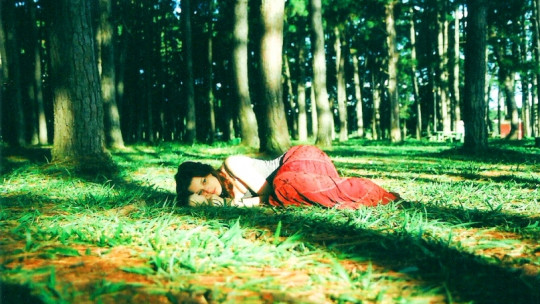Nowadays there is a lot of talk about non-toxic addictions, that is, addictions in which substances such as alcohol, cannabis or cocaine do not intervene; Also known as behavioral addictions.
Some examples of these are: addiction to gambling, shopping, sex, pornography, social networks or the internet. Today I am going to talk to you about another of these addictions, one that is barely known, although many of you will quickly identify yourself, today we will talk about the addiction to love or, rather, love addiction
A love that “hooks”
We are not talking about something romantic, or about poetry, we are talking about an addiction, and therefore about chemistry and changes in the brain. When someone falls in love, they experience a very peculiar sensation, a pleasure so intense that we will not find anything else in life that is comparable The colors are brighter, the air is fresher, the people are friendlier, everything is much more pleasant; Problems disappear and optimism and happiness are squandered in abundance. Drunk with love! How beautiful! Only this ends, it doesn’t last forever.
This is how we all understand it, and this is how we all live it. Well, not all of them. Some people do not accept the downturn that comes soon and seek a perpetual state of love The brain becomes obsessed with those first states of love, just as a heroin addict becomes obsessed with heroin or an alcoholic with alcohol. We are talking about an addition, because no matter what the stimulus is, it is a matter of chemistry.
In the brain in love, the levels of some neurochemicals also called neurotransmitters increase, such as dopamine, related to reward and pleasure circuits; norepinephrine, responsible for the feeling of euphoria or excitement and serotonin, which acts on emotions and mood and is responsible for the feeling of happiness.
These changes in brain chemistry are very similar to those felt when we consume drugs For example, cocaine, what it does is block the receptors that eliminate these neurotransmitters once they have been used, thus increasing the levels and causing that feeling of euphoria and pleasure.
All drugs alter, in one way or another, these levels in the brain, each with its own mechanisms. In behavioral addictions, it is the behavior itself that causes the production of these neurotransmitters to be stimulated and in this way the levels increase.
The downturn after falling in love
The brain, over time, returns to normal levels of these love chemicals, stabilizes, just as it happens with drugs when taken over a long period of time. Some people interpret it as the loss of love, when in reality what has happened is that the neuronal receptors have become accustomed to this excess of neurochemicals.
The immense feeling of pleasure disappears. This process is known as habituation or tolerance ; Somehow the brain is less sensitive to the effects of drugs or, in this case, behaviors that change the chemical balance of the brain.
Then the addict needs to increase the dose to continue feeling that sensation of pleasure, he anxiously seeks to recover the state of intoxication he had and to do so he embarks on dangerous, conflictive, hurtful relationships, with fights and reconciliations, jealousy, deception, infidelities.
Sabotage relationships that work at the moment when the high of falling in love begins to subside and accuses the other of all the problems. Also It may be that you constantly change partners, jumping from one romance to another, in order to keep that feeling of newness alive Some can establish several relationships at the same time, in a stormy intrigue of infidelities, deception and lies. Anything to maintain that emotional high, so that the flow of chemicals does not stop.
Some readers may confuse this addiction with emotional dependence or sex addiction. In the first, an exaggerated emotional attachment is the most characteristic sign and in the second, what we find is precisely the opposite, that is, an emotional disinterest. In love addiction, the emotional bond is strong at the beginning and deteriorates when the novelty ends.









